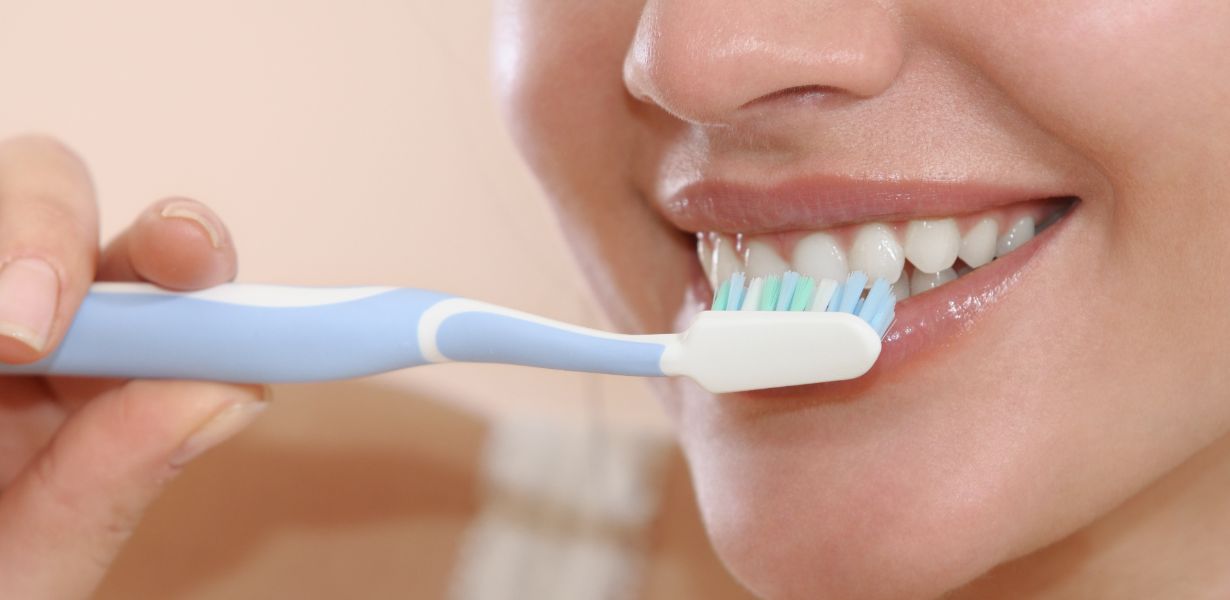
Good oral hygiene is the foundation of a radiant smile and overall well-being. Neglecting your oral health can lead to a host of dental problems, from cavities to gum disease, and even impact your overall health. In this in-depth guide, we will delve into the intricacies of oral hygiene, providing you with actionable insights and instructions to maintain a healthy mouth. Read on to discover the secrets of a dazzling smile.
Understanding Oral Hygiene
Oral hygiene goes beyond brushing your teeth; it encompasses all the practices that keep your mouth clean and healthy. It’s the cornerstone of preventing dental issues and maintaining fresh breath.
The Basics of Oral Hygiene
Maintaining oral hygiene involves a combination of daily routines and regular dental check-ups. Here are the fundamental steps:
Brushing: Brush your teeth at least twice a day using fluoride toothpaste. Use a soft-bristle brush and spend at least two minutes to ensure thorough cleaning.
Flossing: Flossing removes food particles and plaque from between your teeth. Aim to floss once a day.
Mouthwash: Rinse with an antimicrobial mouthwash to kill bacteria and freshen your breath.
Tongue Cleaning: Use a tongue scraper or your toothbrush to clean your tongue’s surface.
Creating a consistent oral hygiene routine is key to success. Set a schedule and stick to it, ensuring you don’t miss any crucial steps.
Oral Hygiene Instructions
Let’s dive deeper into each aspect of oral hygiene to ensure you’re doing everything right.
Brushing Techniques
Proper brushing technique is essential for effective cleaning:
Hold your brush at a 45-degree angle to your gums.
Use gentle, circular motions.
Brush all surfaces of your teeth, including the fronts, backs, and chewing surfaces.
Don’t forget to brush your tongue!
Flossing Made Easy
Flossing can be a game-changer if done correctly:
Use about 18 inches of floss.
Gently slide the floss between your teeth.
Curve it around each tooth in a C shape and move it up and down.
Be gentle to avoid damaging your gums.
Choosing the Right Toothbrush
Selecting the right toothbrush is crucial. Opt for a soft-bristle brush, which is gentle on your gums and enamel.
The Role of Diet in Oral Hygiene
Your diet plays a significant role in your oral health. Limit sugary and acidic foods and beverages, which can erode tooth enamel. Instead, focus on a balanced diet rich in fruits, vegetables, and dairy products.
Common Oral Hygiene Mistakes to Avoid
To maintain optimal oral hygiene, it’s essential to steer clear of these common mistakes:
Neglecting Regular Check-ups: Don’t skip your dental appointments. Regular check-ups can catch issues early.
Using the Wrong Toothbrush: Avoid hard-bristle brushes that can harm your gums and teeth.
Rushing Brushing: Take your time when brushing; don’t rush through it.
Ignoring the Tongue: The tongue can harbor bacteria; clean it as part of your routine.
Final Words
A beautiful smile begins with exceptional oral hygiene. By following the steps and tips outlined in this comprehensive guide, you’re on your way to achieving and maintaining a healthy mouth. Remember, consistency is key. Embrace these practices, and your smile will thank you.
Commonly Asked Questions
Q1. How often should I change my toothbrush?
You should replace your toothbrush every three to four months or when the bristles start to fray. A worn-out toothbrush is less effective at cleaning your teeth.
Q2. Can mouthwash replace brushing and flossing?
No, mouthwash is a valuable addition to your oral hygiene routine, but it can’t replace brushing and flossing. These actions physically remove debris and plaque from your teeth and gums.
Q3. Is it essential to visit the dentist regularly if I have no dental issues?
Yes, regular dental check-ups are crucial for preventive care. Your dentist can catch and address potential issues before they become serious problems.
Q4. What’s the best way to combat bad breath?
To combat bad breath, maintain a rigorous oral hygiene routine, including brushing, flossing, and using mouthwash. Additionally, stay hydrated and avoid foods with strong odors.
Q5. Can poor oral hygiene affect my overall health?
Yes, poor oral hygiene has been linked to various health issues, including heart disease and diabetes. Maintaining good oral health is essential for overall well-being.




